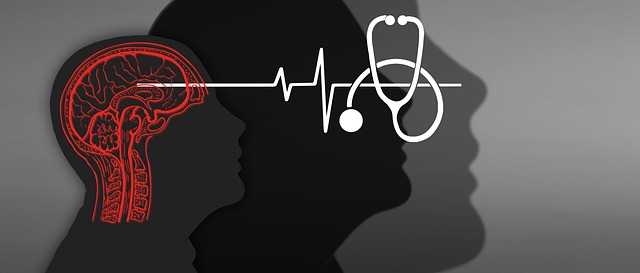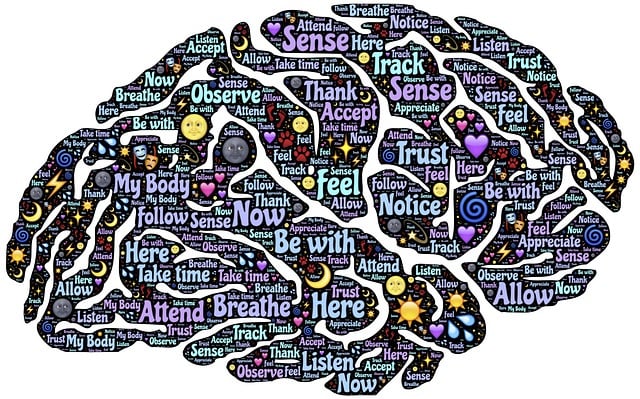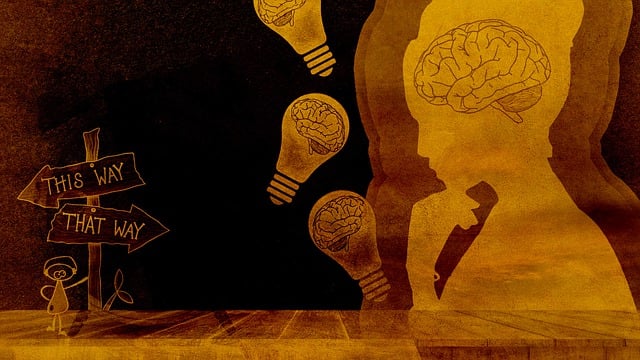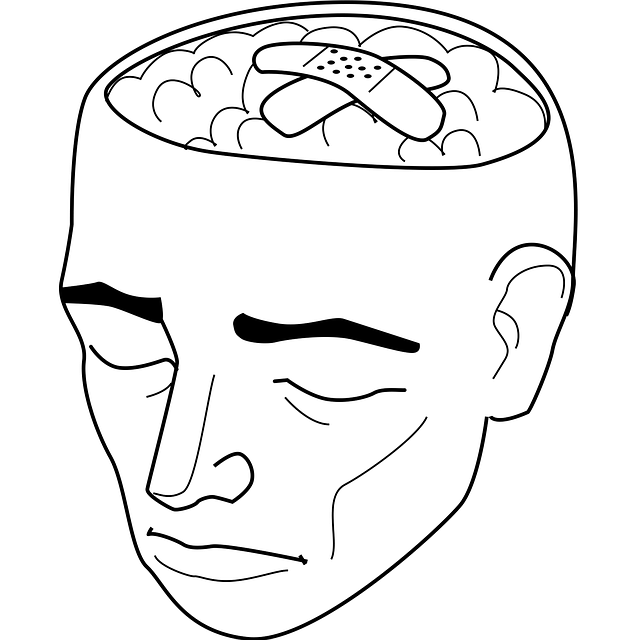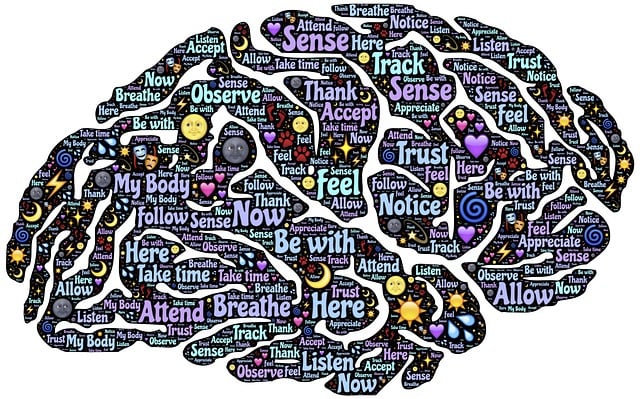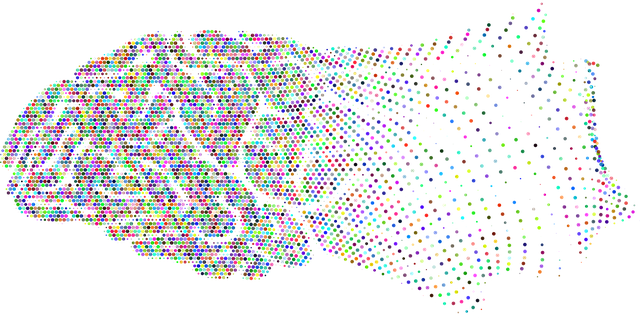Depression in individuals with Autism Spectrum Disorder (ASD) requires specialized care, such as that offered by Boulder Autism Spectrum Disorder Therapy. Recognizing non-traditional ASD symptoms and employing strategies like conflict resolution, structured routines, positive reinforcement, and self-care practices is crucial. Boulder's qualified therapists emphasize lifestyle adjustments, including physical activity, balanced diet, mindfulness, and CBT to address negative thought patterns, improving emotional well-being and building resilience against depression in individuals with ASD.
Depression prevention is a vital aspect of overall well-being, especially for individuals with Autism Spectrum Disorder (ASD). This comprehensive guide explores strategies to recognize and combat depression in those on the spectrum. We delve into recognizing subtle symptoms unique to ASD, highlighting the importance of lifestyle adjustments and coping mechanisms tailored to their needs. Additionally, we discuss professional support options, including Boulder Autism Spectrum Disorder Therapy, offering effective therapeutic approaches for prevention and improved mental health.
- Recognizing Depression Symptoms in Individuals with Autism Spectrum Disorder (ASD)
- Lifestyle Adjustments and Coping Mechanisms for Mental Well-being
- Professional Support and Therapy Options for Effective Depression Prevention
Recognizing Depression Symptoms in Individuals with Autism Spectrum Disorder (ASD)

Depression can manifest differently in individuals with Autism Spectrum Disorder (ASD), often requiring specialized support and understanding. Recognizing the unique symptoms is a crucial step for those providing care or seeking assistance in Boulder, where access to autism spectrum disorder therapy is readily available. While social cues and emotional expression may differ due to ASD, changes in behavior, interests, and energy levels can signal underlying distress. For instance, a person with ASD might withdraw from social activities they once enjoyed, exhibit extreme apathy, or experience significant changes in eating or sleeping patterns.
Professionals and loved ones can play a vital role in supporting individuals with ASD by learning conflict resolution techniques to navigate challenging behaviors, fostering inner strength development through structured routines and positive reinforcement, and encouraging the adoption of a self-care routine for better mental health. These strategies, combined with the support of qualified therapists, can help those with ASD recognize and manage their emotional well-being effectively.
Lifestyle Adjustments and Coping Mechanisms for Mental Well-being

Depression prevention strategies often begin with lifestyle adjustments and effective coping mechanisms for mental well-being. Incorporating regular physical activity, a balanced diet, and sufficient sleep can significantly improve mood management and reduce stress levels. Engaging in activities that promote relaxation, such as mindfulness or yoga, has been shown to be beneficial for individuals dealing with depression, even those with complex conditions like Boulder Autism Spectrum Disorder Therapy.
Self-care practices are integral to maintaining mental health. This includes setting boundaries, learning to say no when necessary, and prioritizing time for hobbies and social connections. Developing a routine that incorporates stress reduction methods, such as deep breathing exercises or journaling, can help individuals manage their emotions more effectively. By adopting these lifestyle changes and coping strategies, one can foster resilience against depression, enhancing overall mental well-being.
Professional Support and Therapy Options for Effective Depression Prevention

For those dealing with depression, seeking professional support is a pivotal step towards prevention and recovery. Boulder Autism Spectrum Disorder Therapy offers specialized services tailored to address the unique challenges individuals may face. Therapists skilled in this area can provide effective treatment options such as cognitive-behavioral therapy (CBT), which focuses on identifying and changing negative thought patterns and behaviors contributing to depression.
Additionally, therapists foster emotional intelligence by teaching clients skills to recognize and manage their emotions healthily. Stress reduction methods, like mindfulness practices, are incorporated into sessions to help individuals cope with stressors that may trigger depressive episodes. Furthermore, self-esteem improvement techniques can empower clients to challenge negative self-perceptions and build resilience against depression. These comprehensive approaches ensure personalized care, catering to the distinct needs of each individual.
In addressing depression prevention strategies, particularly for individuals with Boulder Autism Spectrum Disorder (ASD), recognizing distinct symptoms is vital. Combining lifestyle adjustments, effective coping mechanisms, and access to professional support through therapy options like those available in Boulder ASD therapy, can significantly enhance mental well-being. By implementing these comprehensive approaches, folks navigate their emotional landscapes more resiliently, fostering a profound sense of balance and contentment.
